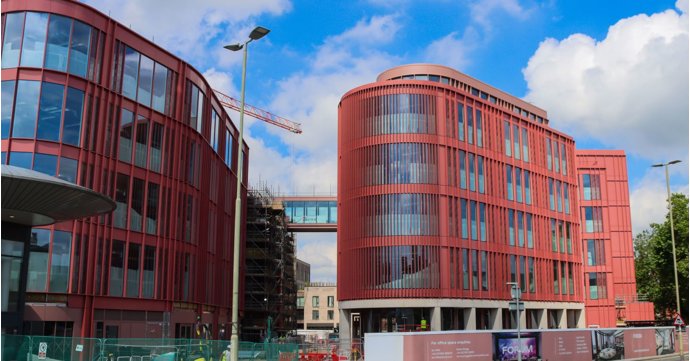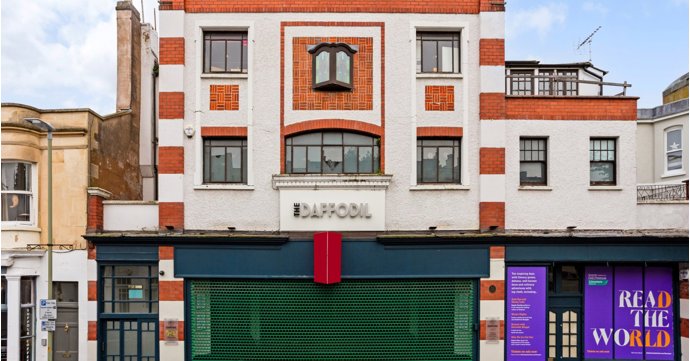Now more than ever, affordability is key to getting on the property ladder, so understanding your finances and checking your credit score in advance will reap big benefits.
Gloucester-based mortgage broker, The Mortgage Brain, offers its expert advice to help Gloucestershire house hunters prepare for that all-important mortgage application.
About the expert – Enzo Mora, founder and director at The Mortgage Brain
Enzo Mora is founder and director at The Mortgage Brain. He and his team are dedicated to helping customers every step of the way with their search and application.
The Mortgage Brain has more than 30 years’ experience helping customers find the best mortgage through its unique Mortgage Search System, continually updated with the latest offers from the widest range of lenders, so they can rapidly locate the best deal to suit a client’s individual circumstances, wherever they are on the ladder.
How can house hunters improve their credit score before applying for a mortgage?
Your credit score confirms your suitability for getting a mortgage, so will come under scrutiny from lenders. Make sure you have a credit history by paying off any credit cards in full on time each month, as well as any subscriptions and council tax, as missed or late payments can reduce your score.
Always pay your rent on time. Close credit cards you don’t use and avoid applying for credit six months before your mortgage application, as this could been seen as a reliance on credit. Register on the electoral roll at your current address, too.
What do you need to show a lender when you start your application?
You will need to have bank statements and pay slips for the last three months, proof of any bonuses or commission and your latest P60 showing income and tax paid from each tax year.
Proof of address, for example utility bills in your name; ID documents such as a passport; and a bank or savings statement proving you have a deposit saved. If you are getting help from a relative with a deposit, you will also need a letter from that person that has been validated by a solicitor.

Do you need to prove how you manage your finances?
Before applying for a mortgage, you must look at your all your income and expenditure so you can prove you can afford mortgage repayments. Getting a mortgage is a long-term financial commitment. Take a careful look at your bank statements every month and set up a simple spread sheet to assess your income and outgoings.
Make sure you haven't gone into your overdraft in the last three months and make savings by cutting back on non-essential items such as subscriptions. Tightening your budget before applying for a mortgage will help. Our advisers can look at all your income to see what counts for a lender.
If you've moved in the last few years, will this affect the application?
You must get your three-year address history right, including postcodes. Any incorrect addresses or details on credit cards, bank accounts or the tax office could delay or even scupper your application. So do a thorough check, making sure your employer knows your current address; your driving licences are updated; and closing inactive accounts connected to former addresses or joint accounts linked to old flatmates or former partners.
How much of a deposit is needed?
Larger deposits mean you can access better mortgage interest rates, as you will be borrowing less and be a lower risk to lenders. Pulling together all the money you can and reducing your outgoings, or giving yourself longer to save, will help to boost your deposit.
If you are nearing a border of, say, a 20 per cent deposit, you may be able to reduce your loan to value by adding an extra £100. By using a mortgage broker like The Mortgage Brain, we can look at the thresholds and make sure you qualify for the best rates.
Are there any innovative ways to save money when buying a property?
Yes! First-time buyers will not have to pay stamp duty on a home costing up to £425,000 until 31 March 2025. For other buyers except second homeowners, the threshold is £250,000.
If you buy a brand-new home, you may find development-specific offers such as deposit matching, which could reduce your loan to value and help you access a lower interest rate. New properties also have better energy ratings, so could save you money on energy bills.




















